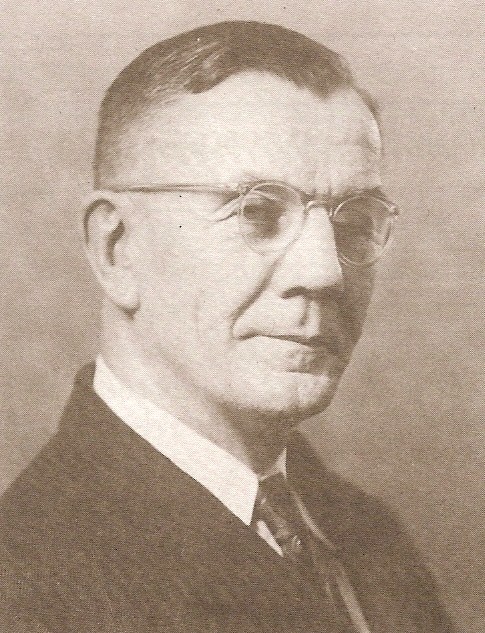
Library of Congress, ed. (1964–1974). "25 and 26 July 1946. Prosecution's Witnesses. Bates, Miner Searle". Record of proceedings of the International Military Tribunal for the Far East. "p. 2624-2675"
请点击: https://www.legal-tools.org/doc/a5a0b0/pdf?
从p. 2624 -2675, 前面几页是其他证人笔录。
----------------------------------------------------------------------------
Miner Searle Bates简介:
Miner Searle Bates was born May 28, 1897 in Newark, Ohio. His father was a minister who became president of Hiram College. Bates received his B.A. from Hiram College in Hiram, Ohio 1916 and won a Rhodes Scholarship to study at Oxford University in England. With the United States entering World War I, he joined the YMCA and served in Mesopotamia until the end of the war. He returned to Oxford to finish his B.A. and did some graduate work in 1920. In the summer of that year, he was commissioned as a missionary to teach at the University of Nanking by the United Christian Missionary Society. In 1923, he married Lilliath Robbins, a Canadian teaching at Ginling College. In 1934-35, Bates was a Rockefeller Foundation Fellow studying Japanese and Russian at Harvard University. He received a Ph.D. in Chinese history from Yale University in 1935.
When the Nanking Massacre occurred, Dr. Bates was alone in Nanking, as his wife and two children were staying in Japan. He plunged himself into the work of the International Committee for the Nanking Safety Zone, protecting Chinese from being murdered and raped by the Japanese army, and saving thousands of them from starvation. To enhance his influence in dealing with the Japanese, the directors of the University of Nanking appointed him Vice President of the University on January 13, 1938. Only two days after the fall of Nanking, Bates lodged his first protest against Japanese atrocities with the Japanese Embassy, followed by his famous January 10, 1938 letter of protest, a copy of which reached free China.
Bates was a major moving spirit behind H. J. Timperley's book, Japanese Terror in China (New York, June 1938). Except for seven brief trips to Japan and one to Spain to attend conferences, Bates remained in Nanking from 1937 to 1941, fearlessly challenging the activities of the Japanese authorities, especially narcotics-trafficking. After the war, he was summoned as a witness at the Tokyo Trial and subsequent Chinese trials for war criminals.